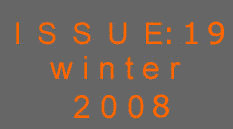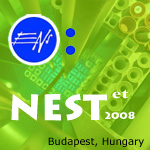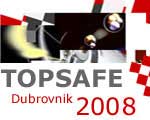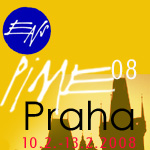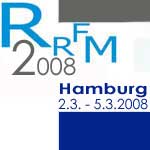
The Future of Nuclear Energy
by Frank Deconinck 
The future of nuclear-energy looks ever brighter.
Indeed, more and more countries are expressing their interest
in nuclear, and the recent announcement by the British government
will certainly
give an extra boost to hesitating governments. Is it correct,
in this context, to speak about a "nuclear renaissance"?
In my opinion, not entirely.
It is certainly true that no new plants have
been built in the US or in Western Europe for the last 20 years
and that several
countries announced their intention to phase out nuclear. In
Eastern Europe, the situation had already become less anti-nuclear.
The fact that there was no new build, was not so much due to
internally generated political decisions, but rather was imposed
by the EC, or because of economical reasons. Further east,
nuclear continued to be developed at a high pace. For us to speak
about
the nuclear renaissance, therefore, seems much too self-centred.
A second reason is that, in Europe, we know
what "renaissance" means. Not the American 'born again'
concept: nuclear was never dead! Rather, nuclear was hibernating
in our countries and it is now slowly waking up again (climate
change?). In Europe, the 'Renaissance' stands for the development
of education and research after the dark Middle Ages. This ame
about first through the study of the Greek classical authors,
and then through
our own
scientific discoveries. An emblematic figure here is Leonardo
da Vinci. Painter, engineer, scientist, philosopher, ... a genius
with
a global
view on everything he studied. The same global
approach remained until the start of the 19th century
and the age of industrialisation: Joseph Fourier was first a
mathematician then physicist who first described greenhouse
gasses then he was also an Egyptologist working for Napoleon
and an administrator in the Isère
department in France.
Since the start of the industrial world, enormous
progress has been achieved in science and technology, but the
gap between disciplines has been widening steadily. Ever higher
ivory towers were built in universities and interaction with
society was gradually lost. During the twentieth century
nuclear did not escape this trend. Nuclear scientists were often
bound
to secrecy, and most of them did not consider it as their duty
to reach out to society.
Recently,
there has been a fundamental change going on: nuclear has become
more and more open and transparent, and there is a growing conscience
that nuclear is not only about technology, but that human and
societal aspects are also essential and have to be integrated
in all projects. This is a real break with the past and, in my
opinion, a very positive evolution that may well be the start
of the real 'nuclear renaissance'.
|

